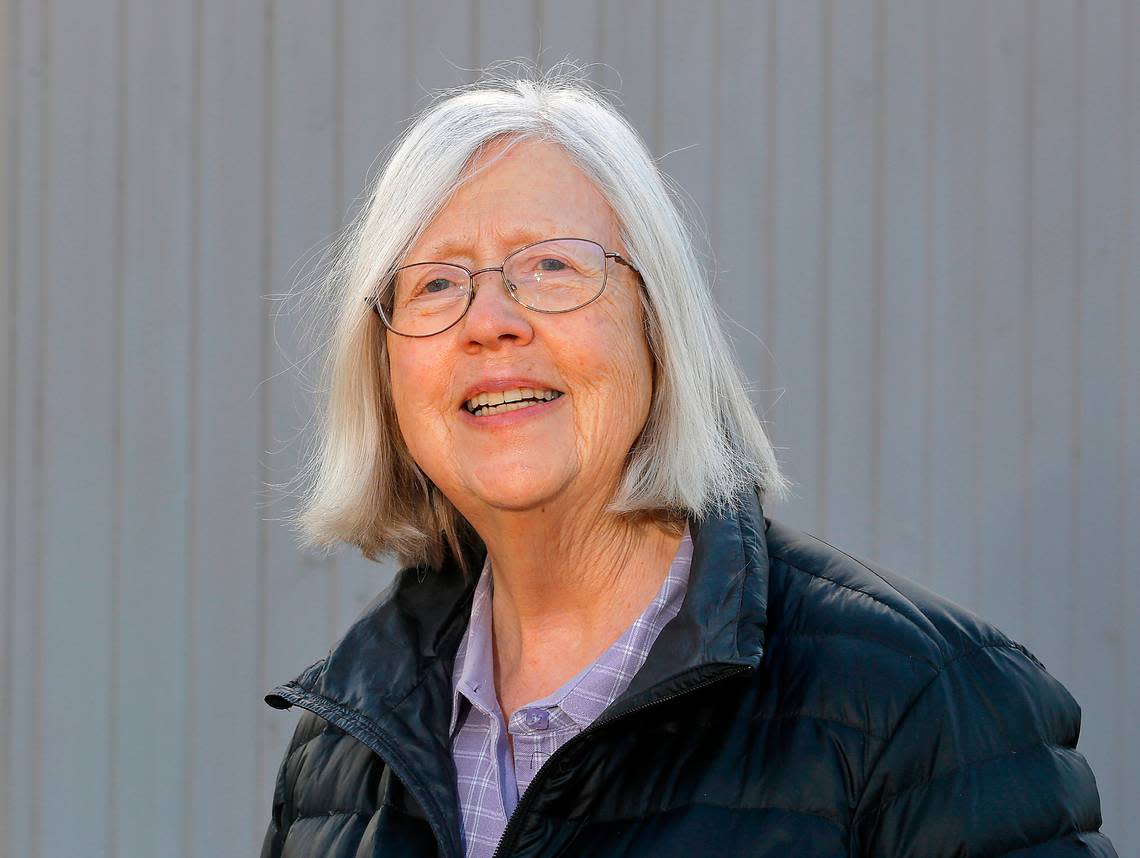Faith | Are they flowers or weeds? The answer is in your viewpoint
Someone stole my weeds.
In a derelict strip along my driveway, I was allowing six weeds to grow because they produced beautiful flowers. But just as they were about to bloom, they were gone.
Did someone recognize them as invasive weeds and pull them out?
They were gone, not thrown down in the driveway or tossed into my yard waste dumpster that was just a few feet away. And they hadn’t been pulled up, because there was a neatly dug hole where each plant had been.
Anyone who recognized the plants would know you couldn’t transplant them at that stage of growth and expect the flowers to bloom. So they were not taken for the almost blooming flowers.
Why were they so carefully removed? It was not an important mystery, but one that teased for a solution.
Then someone suggested that urban foraging was becoming popular, and these plants had edible roots. Foraging for food would explain why they were dug up so carefully, and taken away.
Flowers, weeds, food. The same plant seen three different ways.
People often see the same situation differently. A storm of thunder and lightning is scary to some people and thrilling to others. One person’s music is another person’s noise.
New faces in a community may look like flowers in the seats to the leaders trying to keep a congregation alive, and hopefully, growing. Newcomers may look like financial food to the leaders trying to balance the budget and replace the roof. Strangers may look like weeds to people fearful that their cherished way of worship may be crowded out by new ideas, or worse, someone sitting in their pew!
How we receive and treat strangers, sojourners, people on the margins of our communities, is a major theme of the Hebrew and Christian Scriptures with which I’m familiar. How we act toward the rich and the poor, the believer and the skeptic, the friend and the one who has done us harm, all these relationships are presented in stories that caution us to be open to alternative ideas.
We are asked to keep in mind: The rich person is not more blessed by God than the poor person. The skeptic may be God’s prophet with a message the believer would do well to hear. Even the person who has done us harm can be used by God to remind us of the need to practice forgiveness, as we have been forgiven.
God knows the heart of each person, and knows the story of each life and how we all have been shaped, nurtured, battered.
I don’t think God sees us as flowers or food or weeds, but knows that we are all beautiful, and capable of nourishing each other. And since communities can define weeds just as any plant not wanted where it is, God challenges our hearts and minds with the questions “Who belongs?” and “Who decides?”.
A wider embrace of diversity, a heart more open to possibilities, an eye that looks for beauty beyond mere prettiness, can help us see our communities as pieces of the colorful patchwork quilt of God’s world, holistic, wholesome, holy, where everything, in its own way, belongs.

Rev. Jan Griffin is the Congregational Developer for the Southwest region of the Episcopal Diocese of Spokane and living in Richland. Questions and comments should be directed to editor Lucy Luginbill in care of the Tri-City Herald newsroom, 4253 W. 24th Avenue, Kennewick, WA 99336. Or email lluginbill@tricityherald.com.
